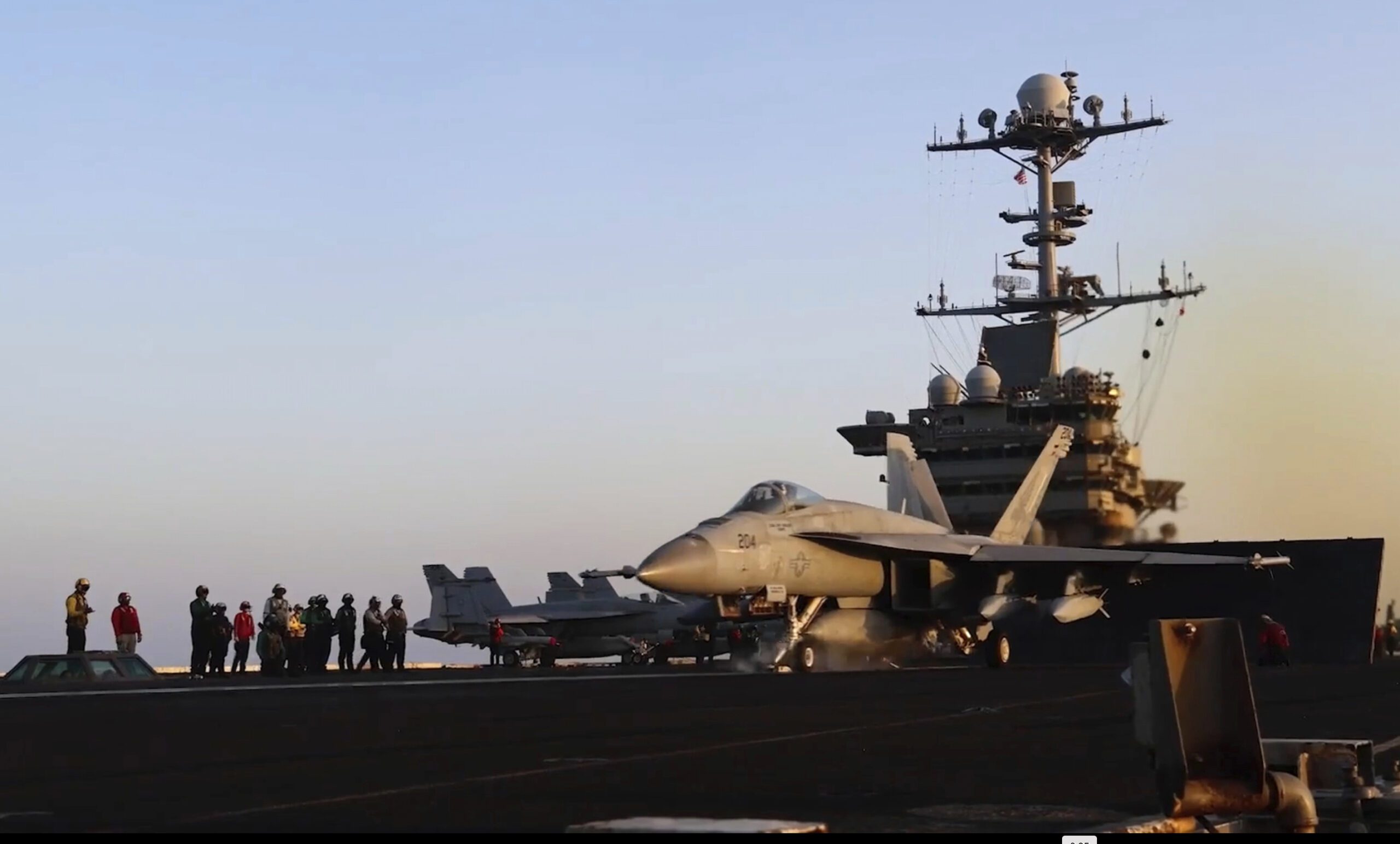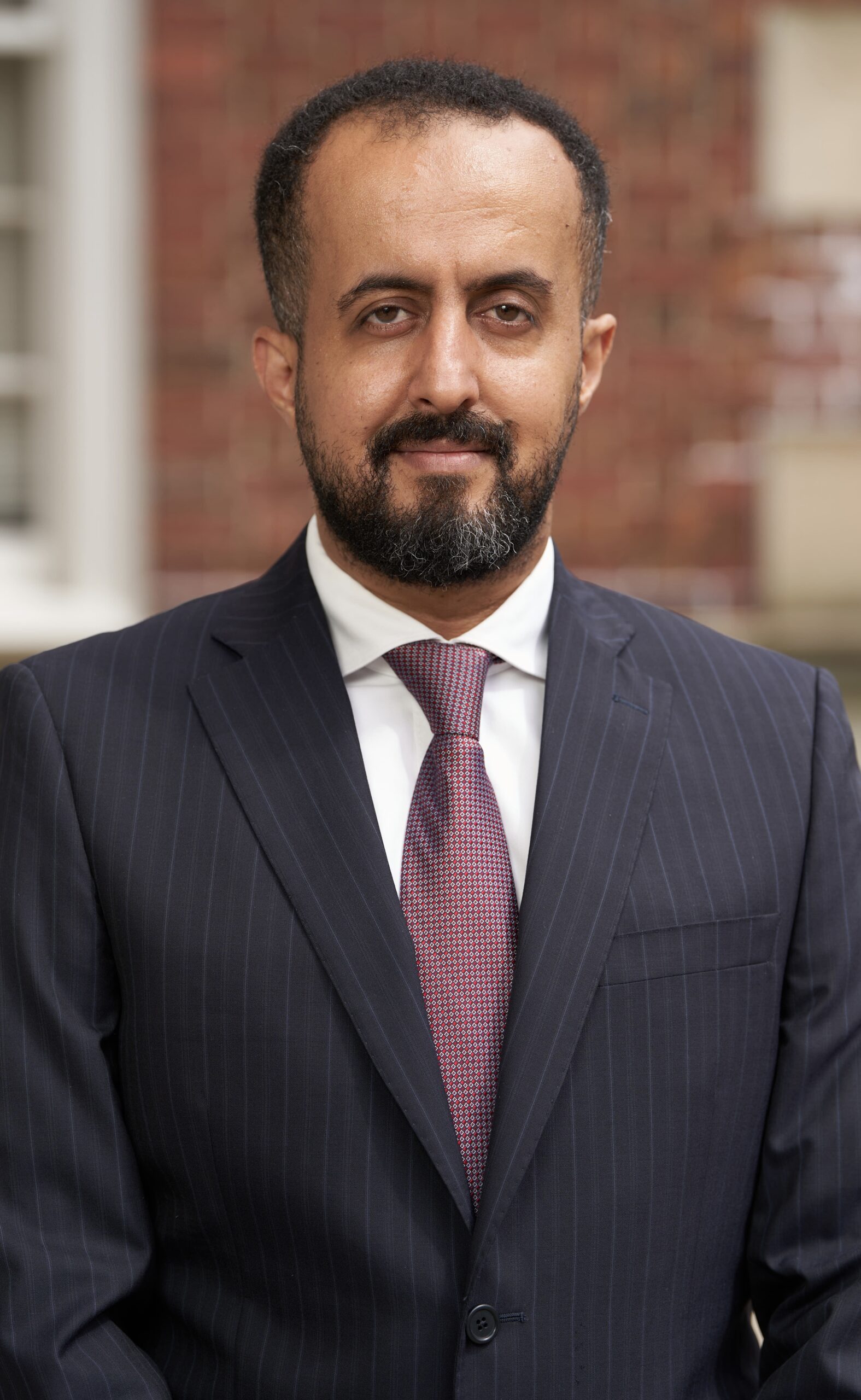Security
Jun 17, 2025
The United States on the Verge of Another “Forever War”?
U.S. entry in the air war on Israel’s side could have seriously destabilizing consequences in the broader Gulf region unless the war ends quickly.
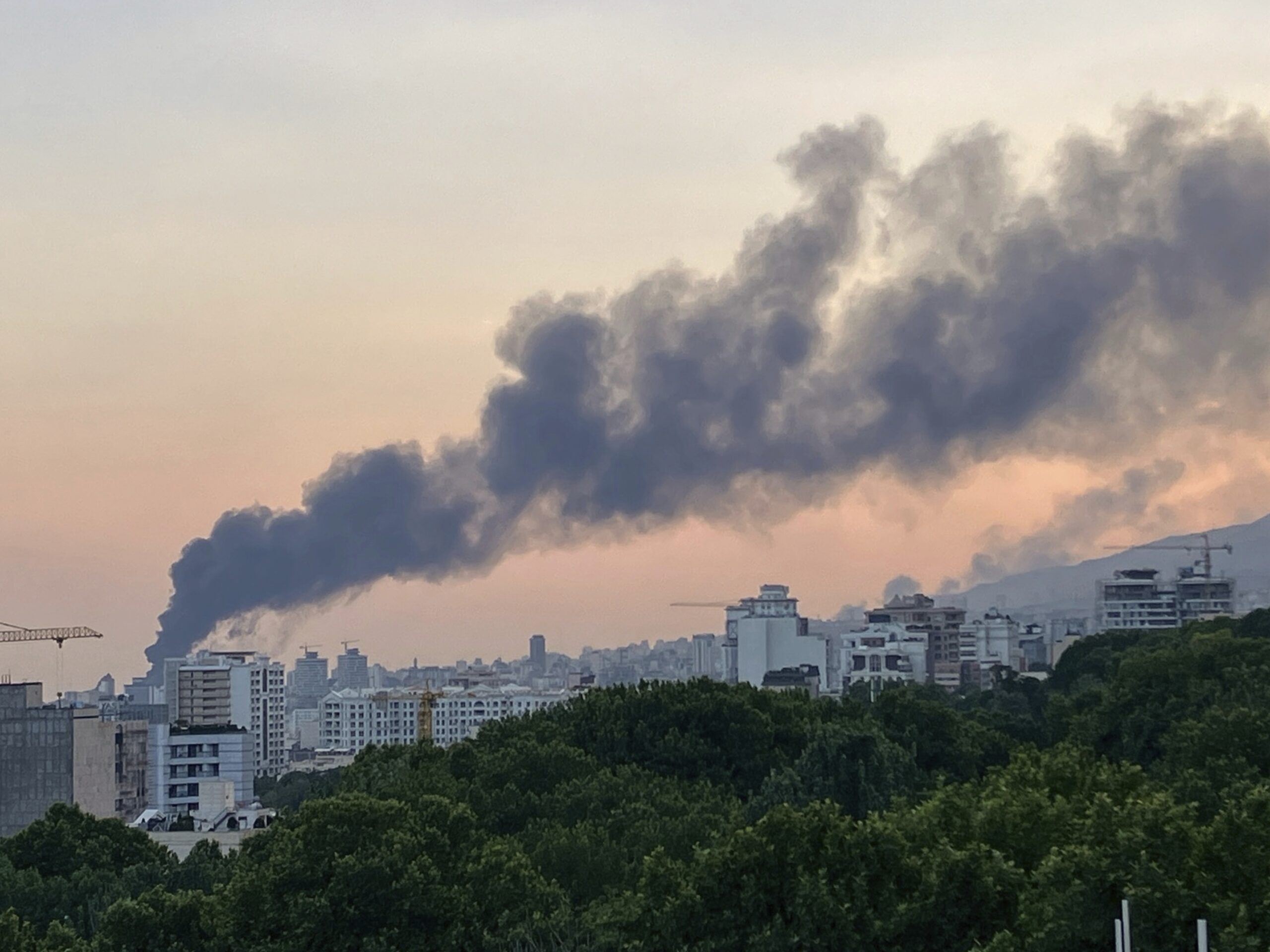
Jun 13, 2025
Iran Is Attacked, the Gulf Reacts
AGSI explains what Israel’s sudden and massive attack on Iran is likely to mean for Gulf Arab states, Iran, the United States, and global and regional economies.

Jun 13, 2025
Assessing Iranian, U.S., and Gulf Reactions and Options Following Israel’s Unprecedented Attack on Iran
On June 16, AGSI hosted a discussion on Israel's attack on Iran.

Jun 12, 2025
The Next Battlefield: AI, Cybersecurity, and the Evolution of Military Threats
As AI capabilities increasingly converge with cyber warfare, military superiority will depend not on troop numbers or weapons platforms but on algorithmic advantages and digital resilience.
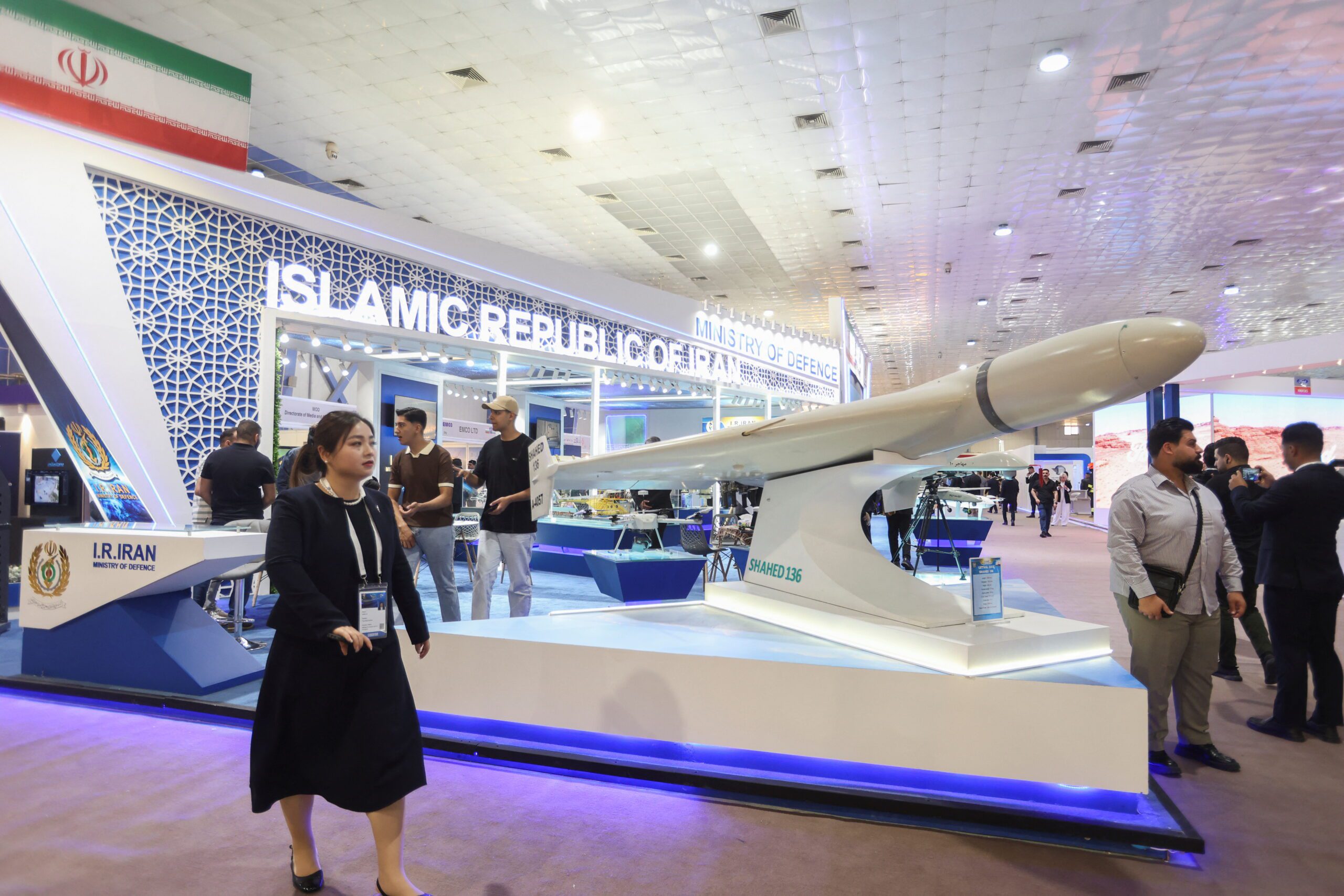
Jun 2, 2025
A Path to a Stronger United States in the Gulf
AGSI offers pragmatic, targeted policy recommendations for the Trump administration to maximize U.S. political and economic influence with the crucial emerging regional powers in the Gulf.

May 16, 2025
Key Role of Gulf States in India-Pakistan Mediation
Vigorous diplomatic efforts by Gulf stakeholders, particularly Saudi Arabia, helped put an end to an escalating military confrontation between the two South Asian neighbors.
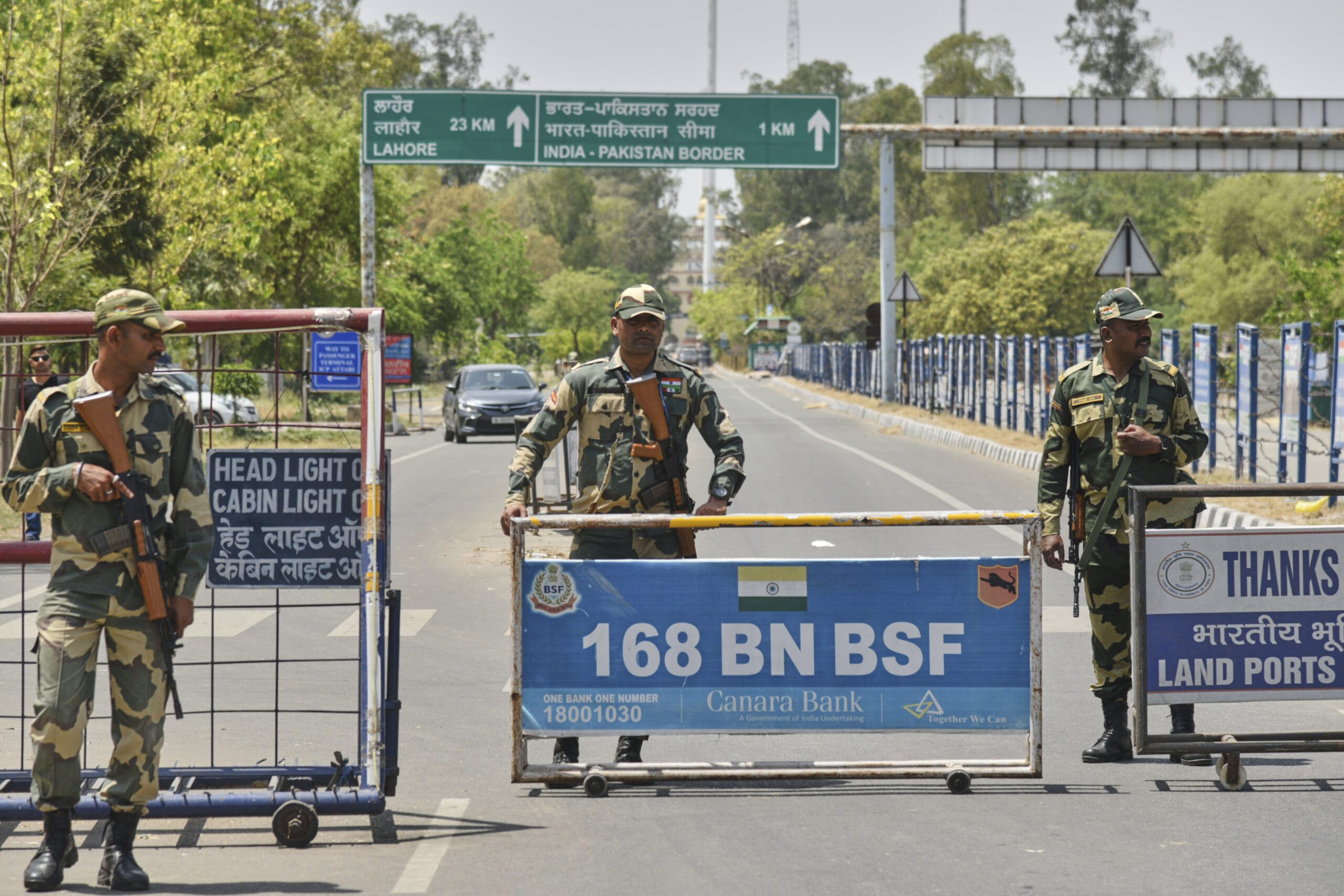
May 16, 2025
Assessing the U.S. Military Response to the Houthis: Implications for Yemen and Red Sea Security
On May 20, AGSI hosted a discussion on the United States' policy toward the Houthis.
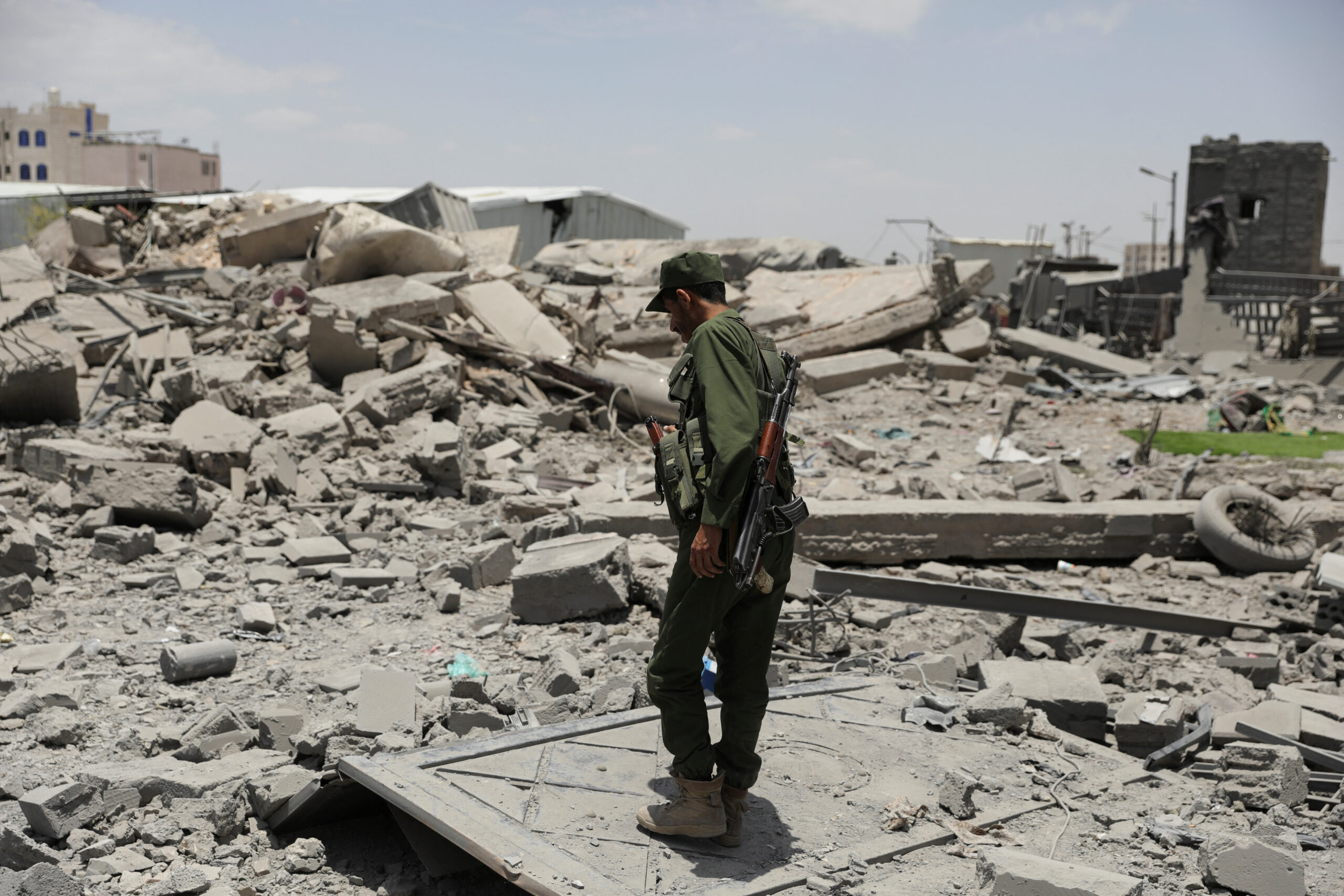
May 14, 2025
The Yemen Deal
Both the United States and the Houthis needed a deal for different reasons. But the deal won’t create any sort of lasting or sustainable framework for peace in the Red Sea.
